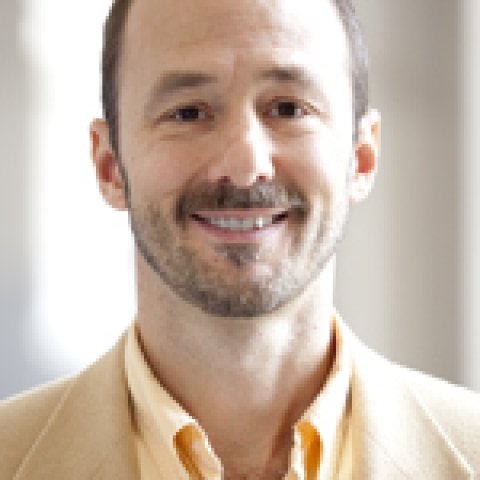David Ciepley
Former Fellow
Professional Affiliation
Assistant Professor of Political Science, The University of Denver
Expert Bio
I was raised in Evansville, Indiana, the son of a school teacher, attended college at Princeton University, where I studied Eastern religions and Western philosophy, then proceeded to the University of Chicago for graduate studies in The Committee on Social Thought. My Master’s work focused on the emergence of modern political economy from 18th century Scottish moral philosophy. For my doctoral work, however, my attention shifted to the United States, and more generally to the Protestant background of liberal theory and liberal institutional practice.
In the course of these studies, it became clear to me that the reigning interpretation of liberalism as committed to “state neutrality” seriously distorts the actual history of both liberal thought and liberal institutionalism, leaving liberalism vulnerable to critique from “value conservatives,” who accept the claim that liberalism is neutral, while also leaving liberals mystified by the resistance to liberal values from members of other civilizations, who easily see through liberalism’s supposed neutrality and universalism. On my own reading, the “state neutrality” interpretation of liberalism did not emerge until the 20th century, and was not embraced by liberals themselves until the ideological contest with “totalitarianism.” In that contest, totalitarian states were typified as imposing values on their populations (through ideological indoctrination), whereas liberal democratic states, liberals now argued, were non-ideological and did not impose values. They were “neutral” with respect to values. This ideological contest, in which totalitarianism served as the Defining Other for the U.S., became the focus of my first book, Liberalism in the Shadow of Totalitarianism. It recounts how the portrayal of America as the opposite of everything totalitarian produced a reconceptualization, and partial reconstruction, of American democracy, political economy, and constitutional law. Broadly speaking, the encounter with totalitarianism brought the progressive era to an end and pushed the country in a more libertarian direction both economically and culturally, as “the state” replaced “the corporation” as the biggest perceived threat to American freedom and democracy.
My current work attempts to rebalance our priorities, premising that unaccountable corporate power has replaced the totalitarian state as the biggest threat to meaningful popular government and liberal values. The little recognized fact is that corporations are not entities that naturally emerged from a liberal market order. Rather, their provenance is medieval. They are bodies politic within the body politic, not individuals within the market. Neither their founding logic nor their operational logic is liberal. Given their preponderance in the modern economic and political order, it is therefore questionable whether we should even see ourselves as continuing to live in a liberal individualist society. My Wilson Center project is to develop a political theory of the corporation, which necessarily involves removing this medieval-modern institution from the category of the “private,” to which it has been assimilated over the past two hundred years and which gives it the protections and privileges of private citizens, and placing it in a distinct category of its own—what I call simply the category of the corporate—to be governed by distinct norms and rules.
Education
B.A. Princeton University, 1989; M.Sc. University of Edinburgh, 1991; M.A. University of Chicago, 1992; Ph.D. University of Chicago, 2001
Wilson Center Project
Beyond Public and Private: The Corporation as Governance Institution”
Project Summary
My project is to develop a book length political theory of the corporation. Corporations are governance entities first and foremost and market entities only by historical extension. To understand and better cope with them, we must work outside the bounds of the liberal dichotomy of public and private. To this end, I develop a separate category of “the corporate”—reflecting the corporation’s public enablement yet private orientation, its distinct form of property, and its distinct incentive structure—to be governed by distinct norms and rules. While at the Center, I will be working on my three historical chapters. One traces the parallel history and powers of corporations and constitutional republics. Another examines the use of corporations to extend state power. The third describes, and critiques, the assimilation of corporations to liberal individualism, which extends to them the rights and protections of private individuals.
Major Publications
- Liberalism in the Shadow of Totalitarianism (Harvard University Press 2006).
Insight & Analysis by David Ciepley
- Video
- Geoeconomics
Corporations: Beyond Public and Private

